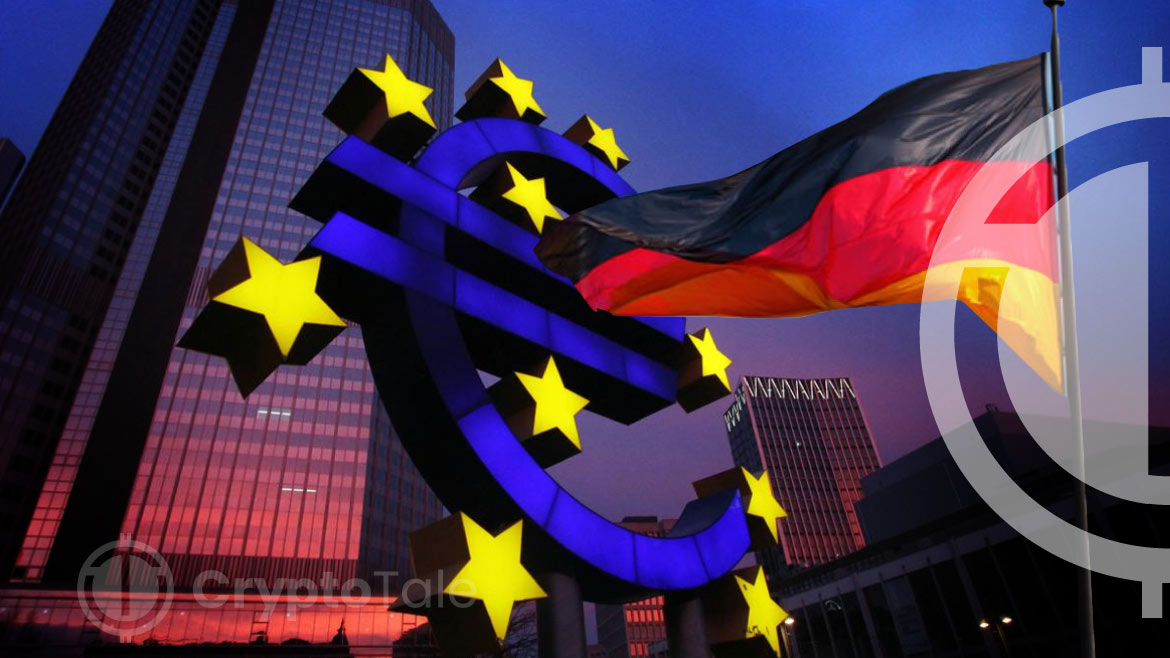- Germans wary of digital euro with privacy concerns and cash preference persist.
- ECB plans digital euro with encryption to address privacy fears and offer offline use.
- Younger Germans are more accepting of digital currency, unlike older, cash-preferring generations.
Old Cold War bunker has resurfaced in public discussion, reflecting the ongoing debate about the future of currency in Germany as reported by Bloomberg. Built in 1962, this secretive facility stored alternative deutsche marks, a safeguard against potential hyperinflation triggered by counterfeit banknotes. Although the backup currency was destroyed in 1988, the concerns that led to its creation remain relevant today.
Germany is at a crossroads with the upcoming decision on whether to introduce a digital euro. Despite the technological advances, a significant portion of the German population remains wary of a digital currency. Privacy concerns are paramount, with many Germans feeling uneasy about the potential loss of control over their financial transactions. This apprehension is reflected in a preference for cash, which is often considered “sacred” by Bundesbank President Joachim Nagel.
A recent visit to the bunker in Cochem highlighted these sentiments. Local pensioners, who had only recently learned about the facility, expressed skepticism towards the digital euro. They voiced concerns that digital transactions could diminish their sense of control and lead to an over-reliance on technology. This anxiety is not isolated to older generations; even among younger Germans, some worry about the implications of a fully digital currency.
The European Central Bank (ECB) is aware of these concerns. To address privacy issues, the ECB plans to use advanced data encryption and hashing techniques. These measures aim to prevent a direct link between transactions and individual users. Additionally, the digital euro will be accessible via both cards and mobile phones, ensuring that it can be used offline. This approach is intended to accommodate less digitally savvy citizens and include vulnerable groups, such as asylum seekers.
Germany Re-enters Bitcoin Market with $1.89 Investment: A Sign of Renewed Interest?Despite these efforts, convincing the German population remains a challenge. Countries like Austria, Slovakia, and Malta exhibit even stronger preferences for cash compared to Germany. However, countries like the Netherlands have largely embraced digital solutions. The ECB’s efforts to integrate the digital euro with physical cash may help mitigate concerns but will require substantial persuasion.
Interestingly, younger Germans are generally more open to digital currency. A study shows that only 10% of those aged 18 to 24 are reluctant to provide personal data online, compared to 33% of those over 65. Bundesbank’s optimism is based on the idea that as digital literacy increases, older generations will also become more accepting of digital changes.






